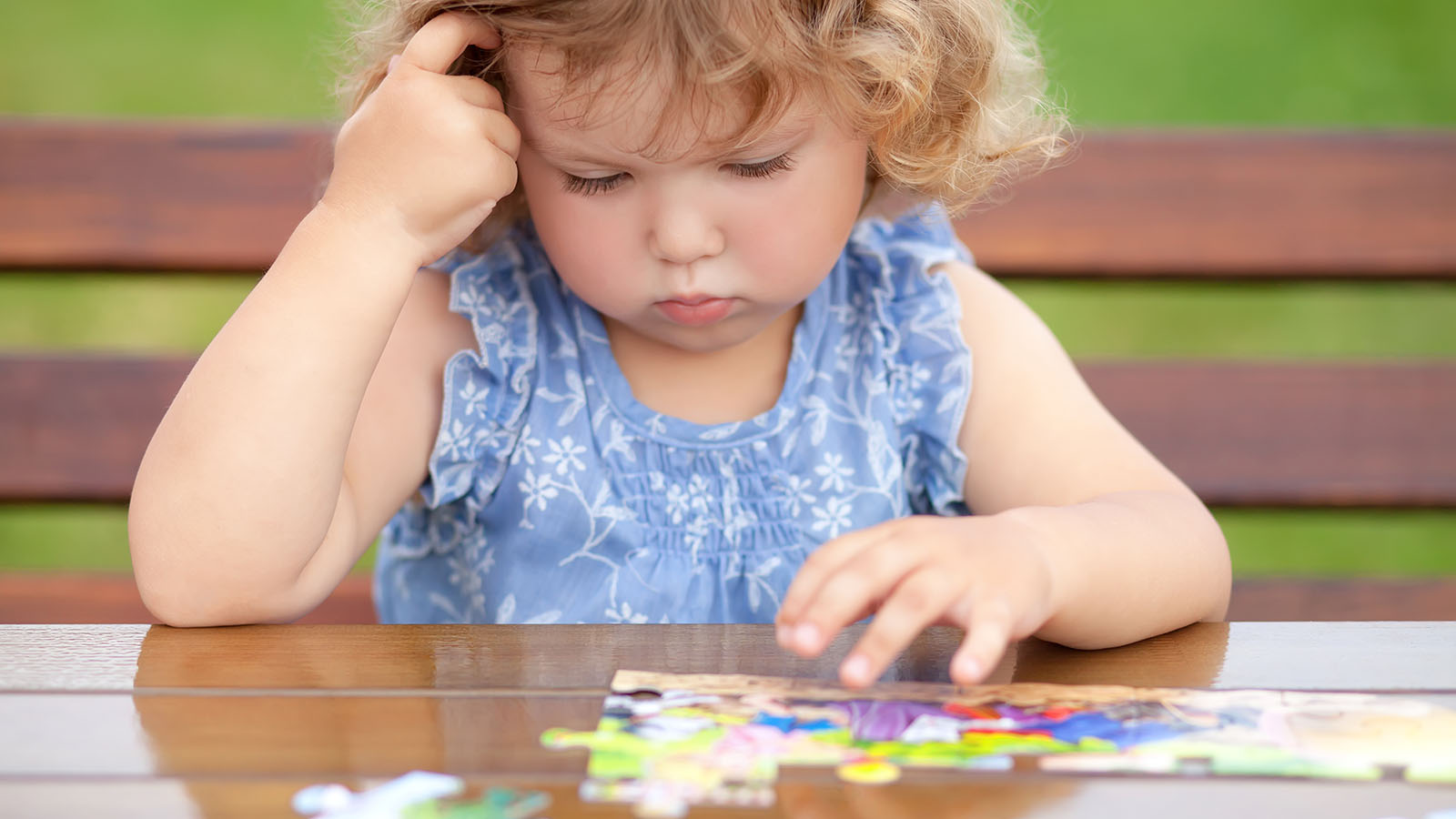By Yolanda Garcia, Ed.D
How do I measure growing maturity in my Preschooler?
What should I look for when I spend time with her?
Should I be doing something to help him get ready for school?
These are concerns of parents like you who are raising young children.
You support the everyday growth experiences of your preschool age children. A young child’s development moves rapidly from birth to preschool. The early experiences shape and set the foundations for later life. Maybe you need to depend on group environments such as day care and play groups for your infants or toddlers.
Often, other adults such as teachers, early educators, and grandparents spend more time with children than you can. This makes your parent and family time more precious and valuable.
You strive to understand your child’s developmental path, and set realistic expectations for your young child. A child’s early experiences are predictive of later life success. You contribute directly to the quality of your child’s daily experiences and encourage their preferences and interests.
What are the milestones in a child’s development that may signal a need to strengthen emotional skills or social capabilities? What are some strategies you can use in everyday life to help your child mature? Here are a few examples of developmental milestones, and a few examples of strategies you can use to help your child reach them.
Emotional Regulation
Toddler up to 3 years old
A child can communicate specific needs and wants.
Child up to 4 years old
Will share toys when prompted by an adult.
Child up to 5 years old
Joins with other children to build with blocks or dig in the sandbox.
If your child is not yet meeting these milestones, here are some things you can do. Reinforce the child’s efforts by confirming the request or need. Repeat his request, and reassure your child that you will get his bottle, toy, or blanket. You are building confidence in his ability to communicate, modeling language and building his confidence by assuring his comfort.
Impulse Control
Toddler up to 3 years old
Begins to share toys, books, etc. Can play alongside, but not interact with other children (parallel play).
Child up to 4 years old
Seeks help from parent with tasks such as putting on shoes, zipping up coat.
Child up to 5 years old
Waves good-bye to parents and doesn’t express distress at separation.
If your child hasn’t met one or more of these milestones yet, there are things you can do. Be mindful that children develop preferences for toys, books, and blankets. You can honor a child’s preference, and make sure that your child has her favorite blanket when seeking comfort. Also, when with other children, reinforce the desire to share books and toys. Leave your child’s favorite toy at home so as not to create a situation that may bring discomfort to her when she is not ready to share.
Physical Development
Toddler up to 3 years
Walk up and down stairs by stepping on stairs with both feet.
Child up to 4 years old
Can participate in clean up by picking up toys and placing them in specified locations.
Child up to 5 years old
Cooperates with others to clean up an area and can communicate the appropriate location of toys and books in class, or clothes at home.
By playing with your child, you are helping to develop her physical development. Use a ball to encourage your child to go after it and develop physical coordination. Engage your child in household tasks such as cleaning up and putting clothes in drawers. Delight in small accomplishments. This will encourage your child and build his confidence.
It is important to value the individual characteristics of your child. Although there are developmental milestones for each stage of development, the ones listed here are examples only. Children reach each stage of development at their own pace and time. The best approach is to give your child the “gift of time” and not expect a specific skill or behavior at a precise time, or in a particular sequence, although each skill often builds on one that comes before. Some children develop a skill with ease and others take more time, and may need assistance.
If you are truly concerned about your child’s development, talk with your child’s teacher.



